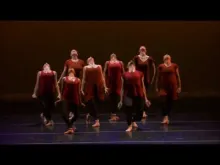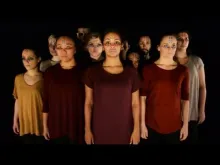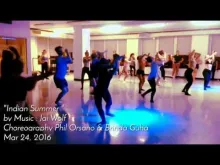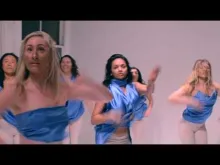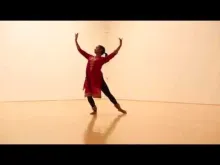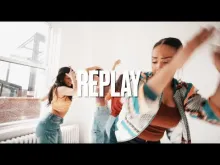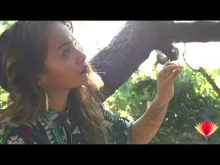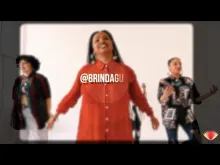Bio content provided by individual
Teacher Bio
Brinda Guha (she/her) identifies as a non-disabled, caste-privileged, cisgender and queer South-Asian American based on Lenape land, colonially known as Manhattan, NYC, and is a trained Bessie-nominated Kathak and Contemporary Indian dancer.
...Read moreBrinda Guha (she/her) identifies as a non-disabled, caste-privileged, cisgender and queer South-Asian American based on Lenape land, colonially known as Manhattan, NYC, and is a trained Bessie-nominated Kathak and Contemporary Indian dancer.
During training and performing for years in the Kathak (Malabika Guha) & Manipuri (Kalavati+ Bimbavati Devi) dance disciplines, as well as Flamenco (Carmen de las Cuevas; Dionisia Garcia) and Contemporary Fusion vocabularies, she co-founded Kalamandir Dance Company in 2010. She's choreographed for many national stages and self-produced original feature-length dance productions which earned her artist residencies at Dixon Place (2018) and Dancewave (2019) to continue to develop work.
Now, she is represented by CESD Talent Agency and is pursuing artistic direction, performance and arts education. She trains in Kathak, Manipuri and Contemporary. Brinda actively dances with dynamic all-female multicultural percussive trio Soles of Duende, featuring Flamenco (Arielle Rosales), Tap (Amanda Castro), and Kathak (Guha).
Her dream of having art meet activism was realized when she created WISE FRUIT NYC, a seasonal live arts installment (est 2017) dedicated to the feminine divine and honoring select women-led organizations, and she is the lead researcher and curator of NCCAkron’s How People Move People Podcast, Season 4. She is also the Senior Producing Coordinator for dance service organization Dance/NYC, and an administrator with ADC Consulting LLC. Visit www.brindaguha.com for more info.
Read lessClass Descriptions
Based on the core of the Contemporary Indian style lies the hybrid of the intricacies of classical Indian dance: footwork, expression, and hand movements, with targeted exercises to provide for a fulfilling and fresh contemporary dance routine at the end of every class.
This class attempts to investigate the communicative potential when merging western dance traditions with a classical South Asian foundation. It starts with a vigorous yet meditative warm-up, and proceeds to elaborate on Indian classical and contemporary technique. This leads to a dynamic movement language and exchange, and leaves the dancer with a clear understanding of the relevance and importance of South Asian aesthetic in the performing arts.








